Hunters Hill Council pushing for 9.7% rates increase to upgrade rundown community facilities
The smallest council in NSW is pushing to slug ratepayers with a massive rates hike next year in a desperate bid to upgrade many of its $209 million worth of “ageing” assets.
The state’s smallest council is pushing to slug ratepayers with a massive 9.74 per cent rates hike next year in a desperate bid to upgrade many of its $209 million worth of “ageing” assets.
Deputy Mayor Ben Collins says the council would be taking “the easy way out” by slapping ratepayers with an average annual increase of $117.26, based on a median land value of $1.53 million.
“The main reason I’m against this big increase is there hasn’t been enough effort to reduce costs or improve revenue,” said the Liberal councillor, who is in the minority on an independent-dominated council.
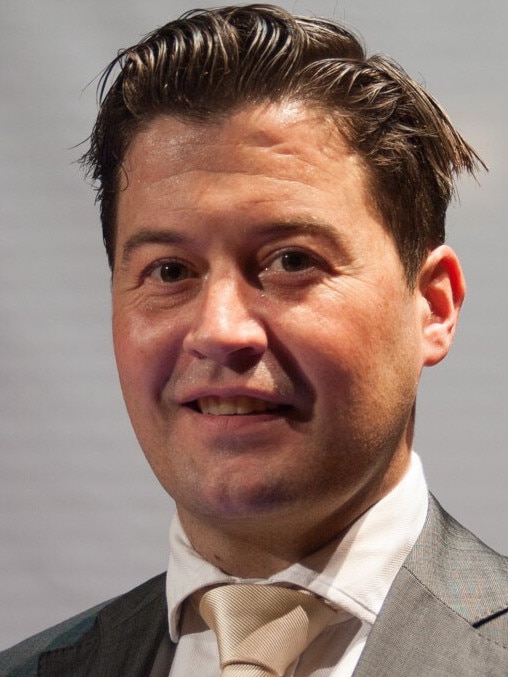
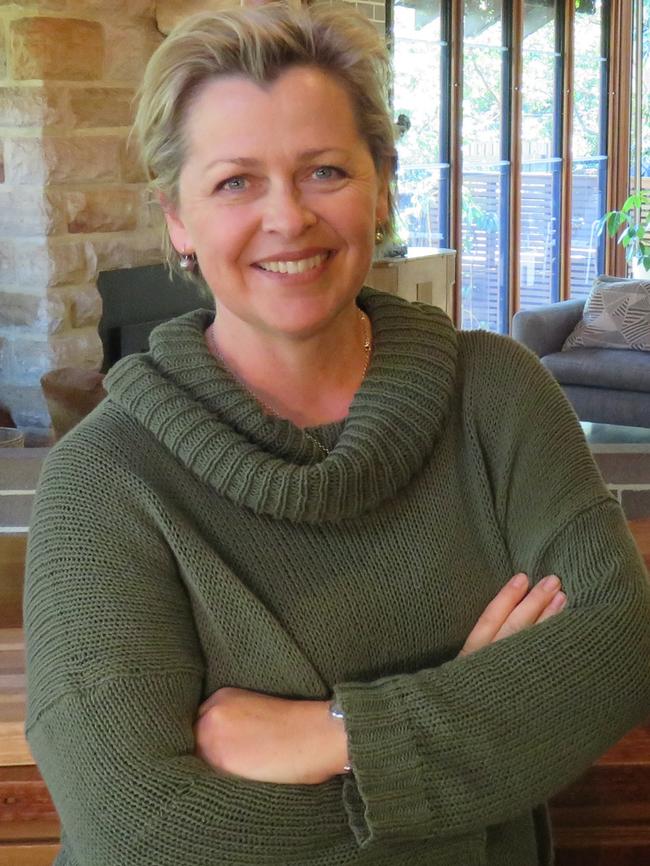
“We’ve got a lot of property assets which need to figure out how to make more money out of.
“A rates increase of this scale is just a lazy fiscal strategy, trying to patch up a hole without actually getting the root of the problem. It’s the easy way out.”
Ahead of a vote on the proposed rates increase on Wednesday, Cr Collins claimed there was a “significant” waste of ratepayers on library costs and consultants’ fees.
“We paid $723,000 — 4.7 per cent of our total revenue — to Ryde (Council) to be part of the Ryde Library service, which is a little over 12 per cent of the total cost to run Ryde’s libraries,” the qualified accountant said, ahead of the end of community consultation on the rates rise on Monday.
“Hunters Hill residents use approximately 6 per cent of the service, so we are overpaying by several hundred thousand dollars.
“Council have failed this year to renegotiate a better deal, or find another library partner.”
The first-term councillor also revealed council had paid about $50,000 for a consultant to run the Hunters Hill Art Show this year. It also forked out $40,000 for a “social media consultant” this year.
“Hunters Hill Council has 445 Facebook page ‘likes’. That is $89 per like, to reach around 3 per cent of the community,” Cr Collins said.
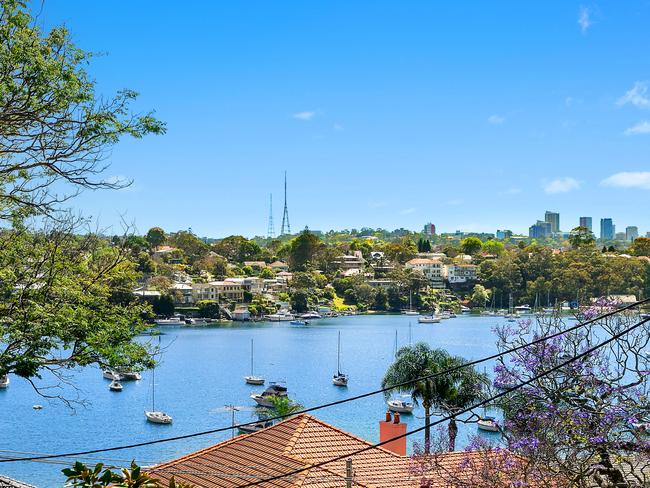
He said councillors “should not assume everyone’s wealthy” in the Hunters Hill LGA, which had an estimated population of 14,747 in 2017.
“This (proposed rates increase) will hit young working families and pensioners at a time when people are already tightening their budgets,” Cr Collins said.
“Wednesday will be the third and final vote on this. (Fellow Liberal councillor) Zac Miles and I have been opposing this from the start, but it appears we have little support to avoid this massive hike.”
A council report shows the extra revenue would go towards upgrading roads, footpaths, sporting fields and other community facilities.
Independent councillor Elizabeth Krassoi defended the push for such a big rate rise.
“We have some catching up to do on having to pay higher costs but not having any higher income,” Cr Krassoi said.
“We did have a special variation, which ended when the State Government froze it as they were trying to amalgamate us (with Ryde and Lane Cove councils).
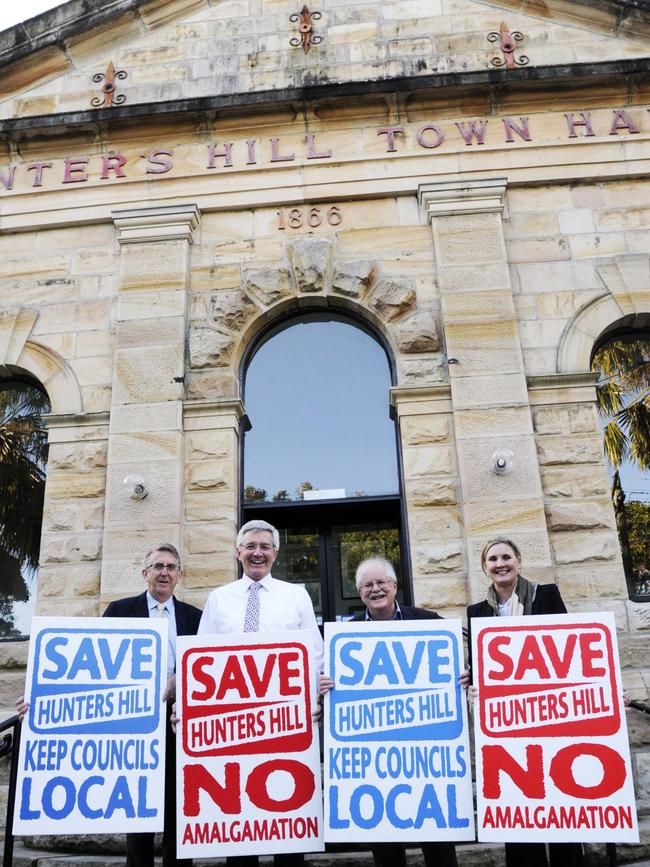
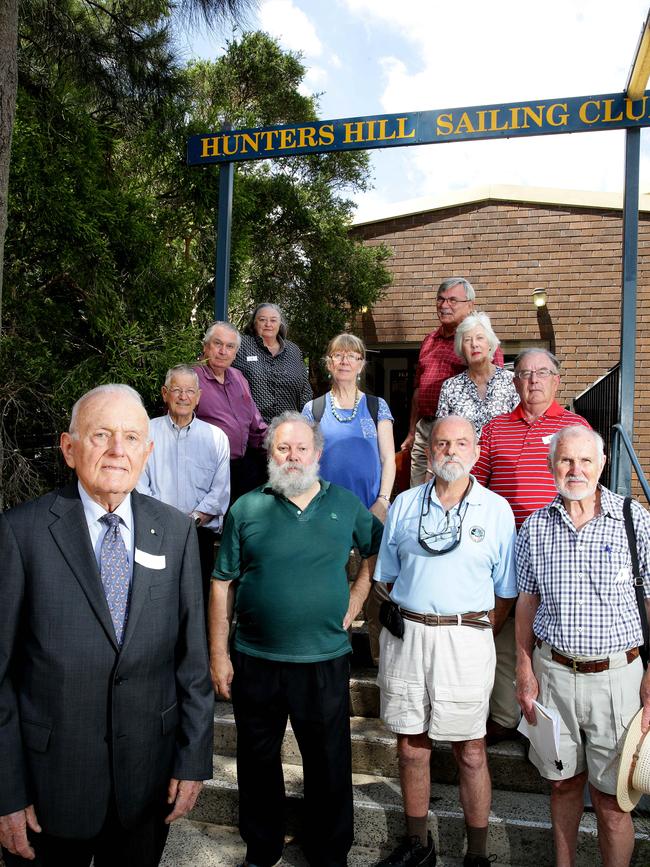
“So, some of it is catching up and some of it is a needed injection. Ben knows we need to have it, but he’s opposing it for political reasons.”
She also said Cr Collins was “off the mark” in his attack on council’s funding for a library.
“A library is not just an asset the community needs. It’s actually an essential asset, a requirement to provide a library service,” Cr Krassoi said.
“Sure, we could make Ryde take that bill and still send our residents there but that would be a little bit greedy.
“All the councillors have asked for a full financial audit of the council. And within that, the opportunities there are for us to generate further income.”
She said part of council’s remit was improving “ageing community facilities such as sporting fields that are not up with the times”.
“We really need to start injecting now, after our ability to generate income was hindered by the State Government,” Cr Krassoi said.
Hunters Hill is one of 14 councils across NSW which have notified the Independent Pricing and Regulatory Tribunal (IPART) of their intention to apply for a special variation to increase their general income above the rate peg in 2019-20.
IPART will begin assessing the applications against criteria set out in the Office of Local Government’s guidelines from February.


